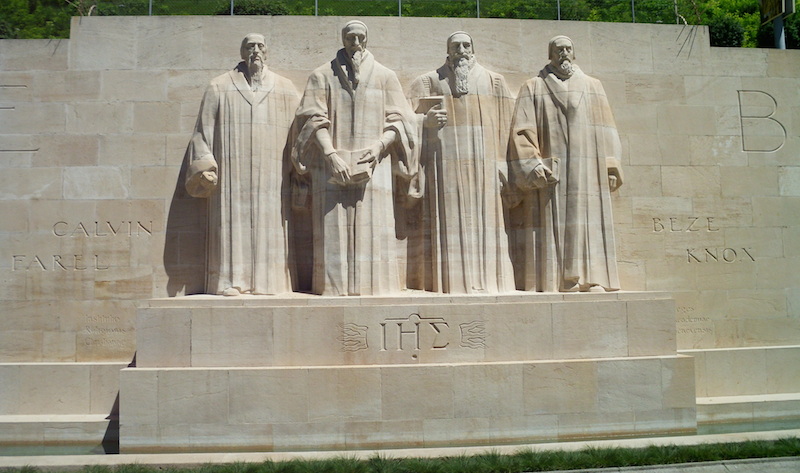Protestantism: Agreeing on essentials?


When Catholics critique the contradictory beliefs held in different parts of the Protestant world, we are often told that “Protestants agree on all the essentials”. A statement like this, of course, this begs two questions:
1. Which doctrines should be considered “essential” and which “non-essential”?
2. Who gets to make that categorization?
The second question is particularly important. Who gets the final say as to what is “essential” and what is “non-essential”? After all, what happens when two Protestants disagree on what is “essential”?
To pick an example from the dawn of the Reformation, Luther and Zwingli came into conflict concerning their respective understandings of the Eucharist, so much so that this ruptured their relationship. Could we still say that these two fathers of the Reformation agreed on “essentials”?
Read more